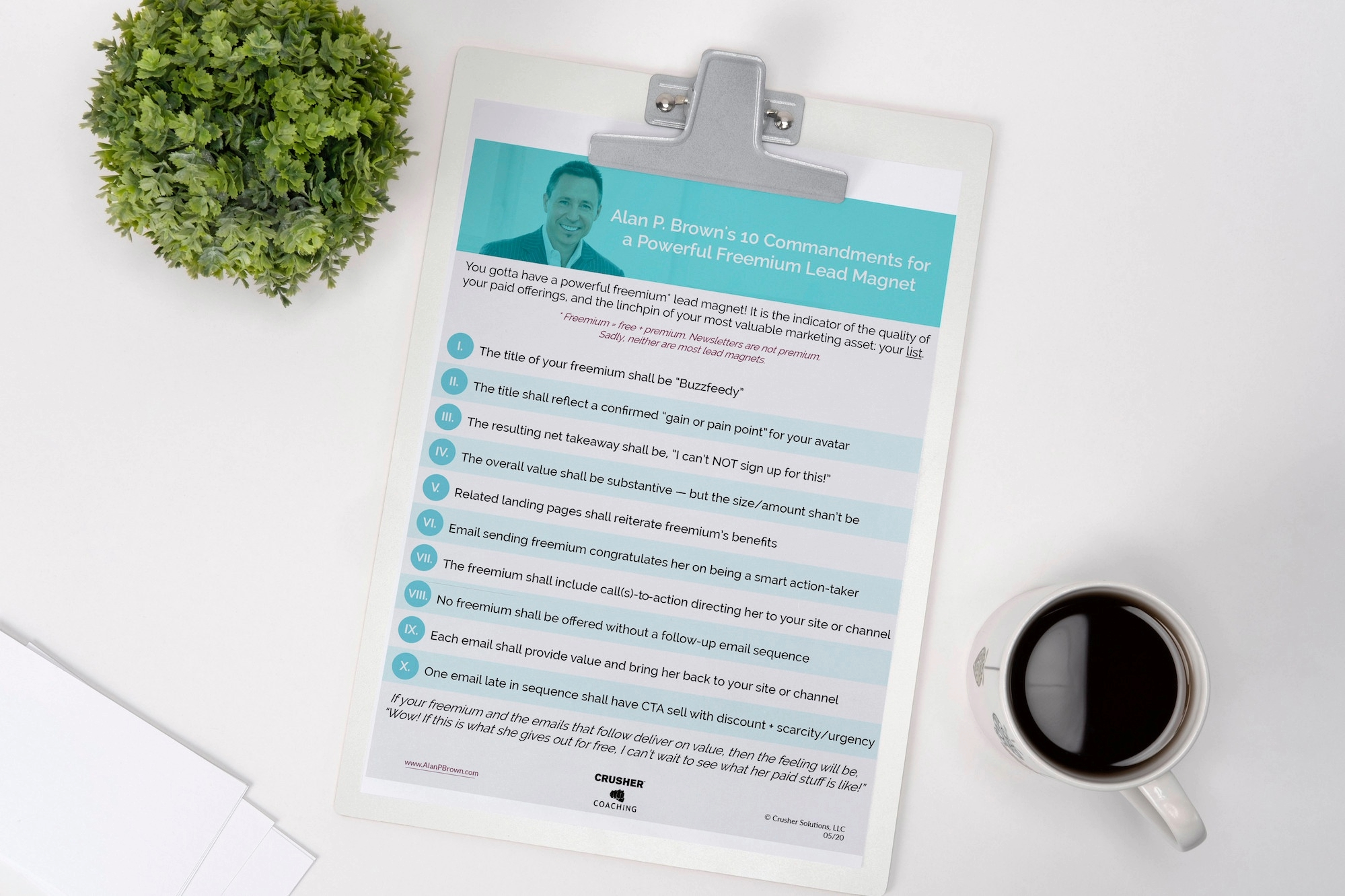How to Be a Great Podcast Guest (and Get Invited Back)
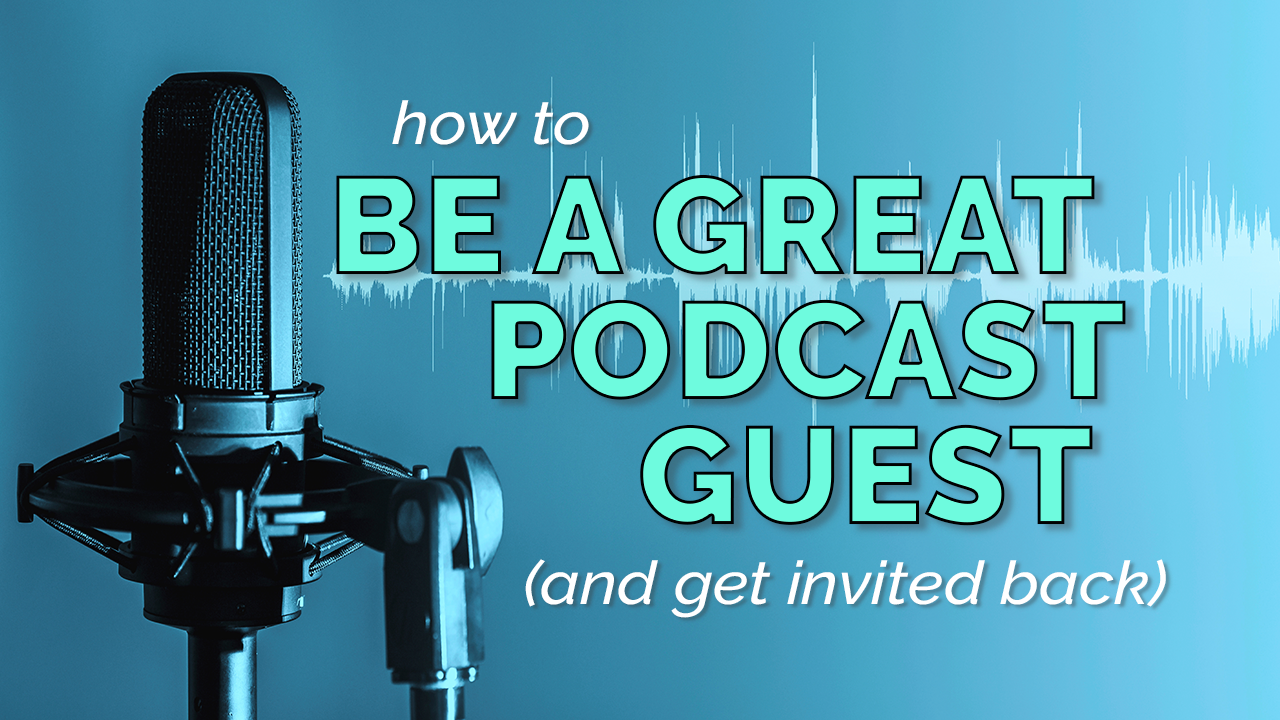
Proven best practices for nailing the interview and wowing your host.
There are few better ways to grow brand awareness, enhance your reputation, and cultivate more prospects than getting interviewed on relevant podcasts.
And whatever area of coaching you’re in, there are potentially hundreds of podcasts where you could give listeners solid value while creating valuable relationships with podcast hosts.
Oh – and it’s free marketing.
In a previous blog, I shared tips on how to get podcast interviews, and both blogs draw on my expertise from having been interviewed a million times, but mostly from my friend and fellow coach, Brendan Mahan, a top podcaster in the neurodiversity space.
Here I’ll cover preparation, tips for the interview itself, and important post-interview actions.
And preparation starts with these…
Technology Basics for a Great Podcast Interview
At the most basic level, all you need are good earbuds and a computer with a strong internet connection. That's it.
But if you expect to do more than just a couple interviews a year, you’ll want to invest in quality wireless earbuds (so you don’t have that wire dangling in front of you) and a good microphone.
Top-of-the-line mics run about $400, but most podcasters will tell you that $100 can get you a solid mic, e.g., Logitech’s Blue Yeti.
Just as important as your recording equipment is…
Your Recording Environment
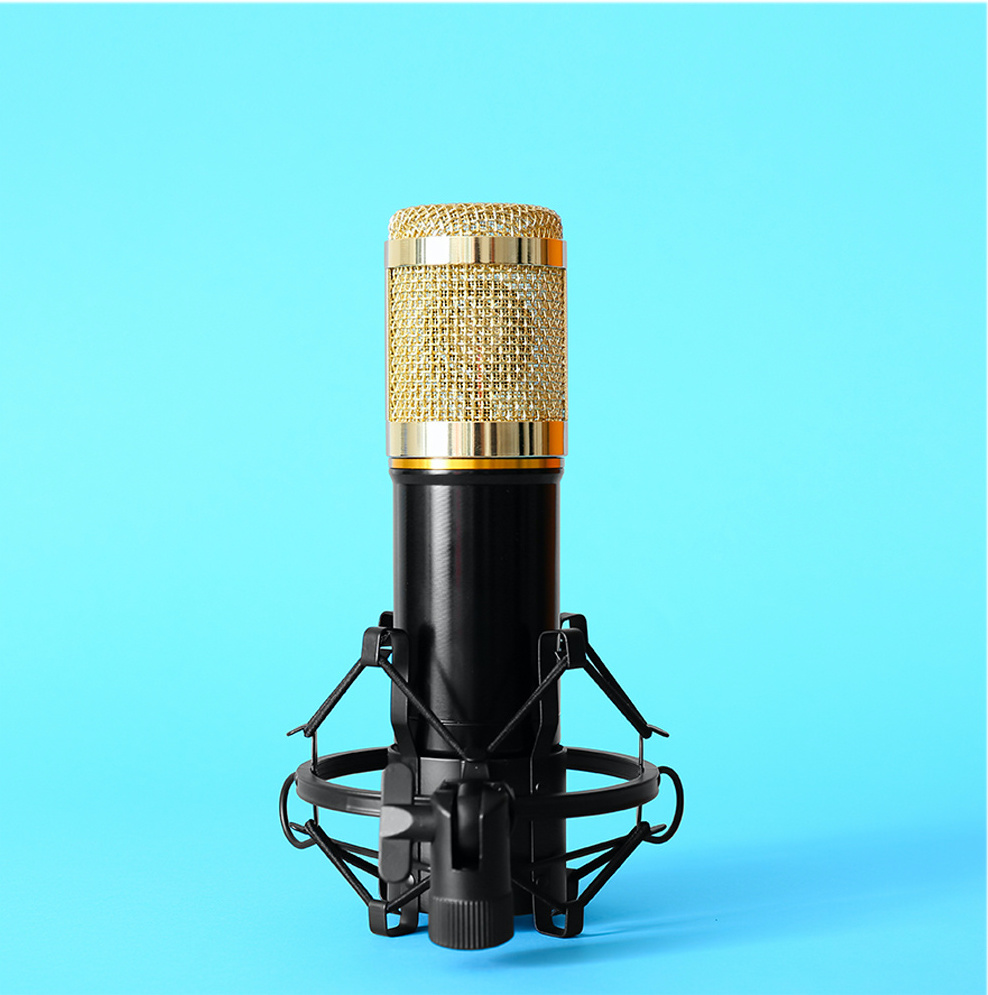
As such, the key thing is your background, which you need to carefully curate. E.g., Don’t be sitting in front of your bathroom door, or your collection of Teddy bears piled on your bed.
Ideally, you’ll have at least a tasteful piece of art or two, or, better, a sparsely arranged bookshelf. A plant is a nice touch.
QUICK LIGHTING TIP: You want to have some lighting on your face, ideally from a slight angle to one side. But also, some lighting on your background, which makes for crisp contrast and a more pro image.
Once your visuals are set, Brendan lists these audio no-nos:
- No background noise, e.g., don’t book interviews when your neighbor usually mows the lawn.
- No jingly jewelry.
- No clothing or jewelry rubbing on your earbuds' mic.
- No squeaky chair.
- No banging on or jiggling your table/desk.
And of course, always let others in the house know you need SILENCE!
Once You’re Booked for a Podcast Interview
Know your stuff on the episode’s topic. Even if the host says, “We’re just gonna have a conversation” – a common approach for many podcasters – you gotta have your key points nailed down.
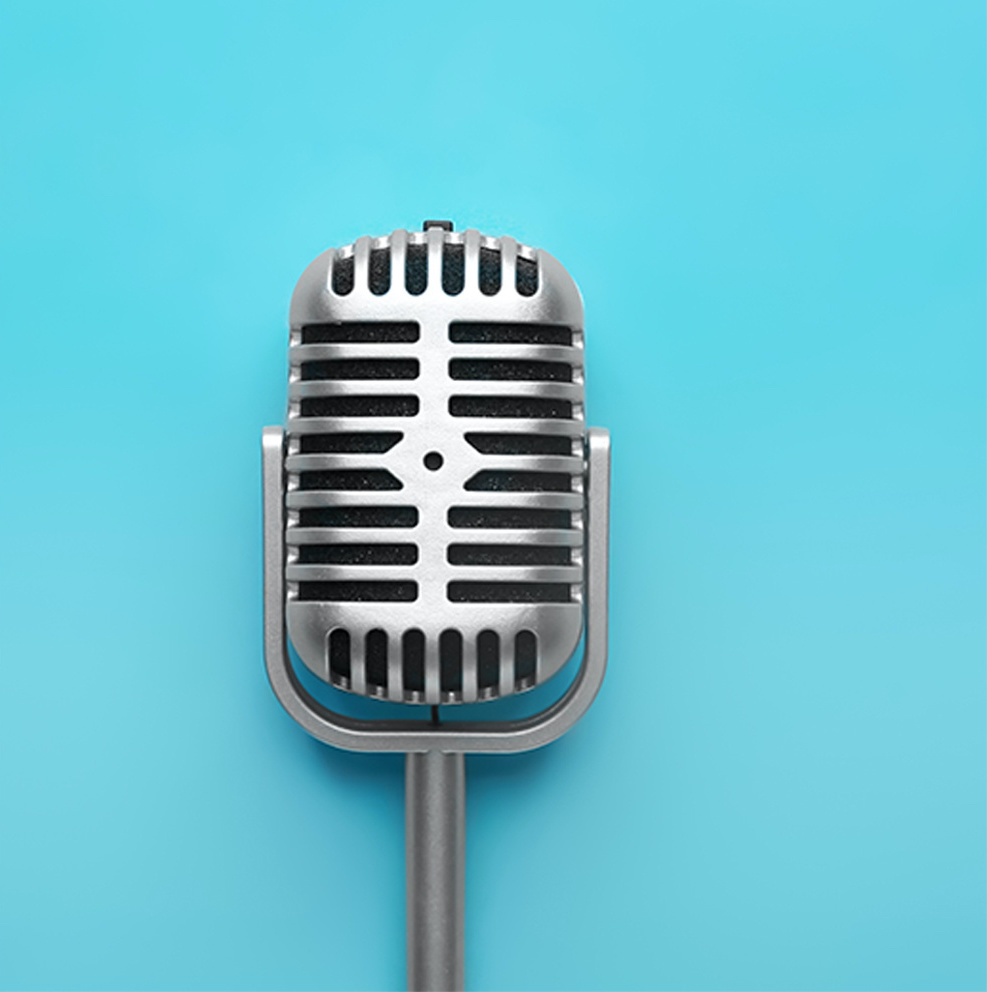 But be ready to go off topic. A podcaster may begin on the agreed-upon topic, but then something you said sparked a loosely related idea, and they’ll go off on that tangent. Don’t freak out: a good podcaster will steer the conversation back to the needs of their audience.
But be ready to go off topic. A podcaster may begin on the agreed-upon topic, but then something you said sparked a loosely related idea, and they’ll go off on that tangent. Don’t freak out: a good podcaster will steer the conversation back to the needs of their audience.
Don’t be too pre-programmed/scripted. While you don’t want to be totally UN-scripted, the worst thing you can do is appear to be reading from a script. As Brendan says, “That’s not a good experience for the audience, for you, or for the host.”
So, work from an outline of the key points you want to make. All the better if you and the host can agree on key questions in advance, so you can outline and practice those answers. (See BONUS below.)
Have some go-to case studies and stories. Stories always make for more interesting interviews because people relate more to challenges and solutions wrapped in stories -- whether about your own experiences or your clients’.
E.g., “A great example of this [situation] is my client – we’ll call her Janet – who struggled with [challenge], so we worked together on [solution], and now she [successful outcome].” Obviously, you’ll provide more detail.
So think about 3-4 stories or mini-case studies that will fit with your interview topic.
BONUS: Suggest questions for the interviewer to ask you. Don’t dictate – just suggest. E.g., “I hope you don't mind, but I was thinking about some questions that might be helpful .”
Now, some hosts will be all, “It's my show. Don’t tell me how to run it!”
But many hosts will appreciate it, and some actually request that you share 3-5 questions you’d like them to ask.
OK, It’s Interview Time!
Before the actual interview starts, there’ll likely be five to 15 minutes where you’ll talk and connect with the host and hear their plan for the interview (structure, length, etc.), so be sure to get any of your questions answered and otherwise try to generate some rapport.
During the interview, a few best practices…
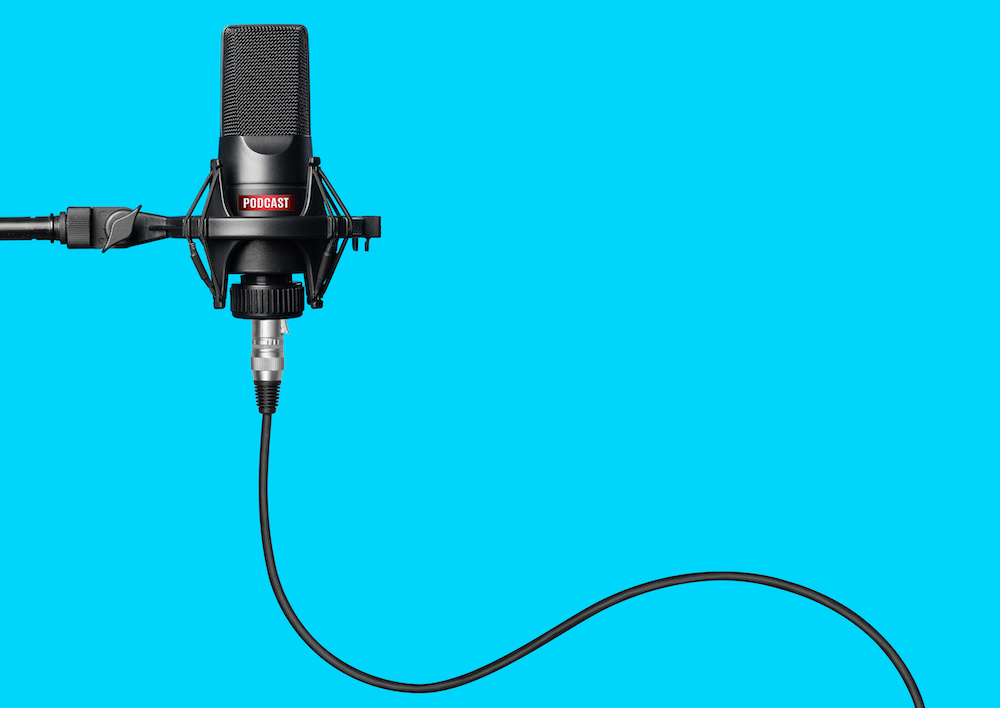 Have your key bio bullets in your head ready to go. Some hosts will introduce you with a bio statement you’ve already provided. But many will just say, “Tell us about yourself.” – and if you’re not prepared with a few key bullets, you might either miss key bits or “over-introduce” yourself.
Have your key bio bullets in your head ready to go. Some hosts will introduce you with a bio statement you’ve already provided. But many will just say, “Tell us about yourself.” – and if you’re not prepared with a few key bullets, you might either miss key bits or “over-introduce” yourself.
Don’t Over-Sell Yourself or Pitch Products. All the more if you in any way compete with the host! E.g., private or group coaching, a membership, online course, etc., that may be similar to the host’s offering. (See ‘go-to case studies/stories’ above – the least icky way to communicate your value.)
Give Away Your Best Stuff. Podcasts are disposable: most listeners will listen to your interview just once. So you gotta make as impactful an impression as possible. “Giving away your best stuff” – sharing your most impactful insights and solutions – helps the audience see you're amazing and want to know more about you, hopefully visit your website, and download your freemium lead magnet (which, by the way, is totally OK to mention during the interview).
Be a Great Guest…After the Interview.
First, make sure you know when your podcast episode will be posted. But be patient: Brendan may record four episodes in a week, which means some guests wait a month or more. Once it’s posted…
Promote it like crazy! Share it in your newsletter and of course in social media (immediately and then again a month or so later, and again 6 months later!) Your host will think, “Oh, I like this person! I wanna bring 'em back on!”
Most importantly, leveraging a great interview will help you land more interviews, grow your email list, and, ultimately, attract more clients.
Tag the hell out of the podcast and host. Doing so will ensure you get credit for the promotion. Also, interact with those social media posts. Not just yours, but the host’s as well: “Hey, I really enjoyed our conversation about _____ and sharing helpful solutions. Thanks for having me on.” Every interaction on a social media post increases its visibility, so it’s a win-win for you and your host.
Connect the host to other people who might be suited for their show. Brendan says, “I love it when guests are like, ‘Hey, have you talked to this person about such-and-such topic? No? Let me connect you’. And tell the host why that person would be great. And then they do the work to make the connection, not leaving it up to me.”
What are your thoughts on this topic? I'd love to know. Shoot me an email at [email protected] or DM me on Instagram @alanpbrown.
Bless!
APB
Why might you need this?
Freemium = Free + Premium. Newsletters are NOT premium. And sadly, neither are most freemium lead magnets.
Your freemium must deliver on value -- it must result in the feeling, "I can't NOT have this!"
Use these 10 tips to create something powerful and meaningful for YOUR audience.

